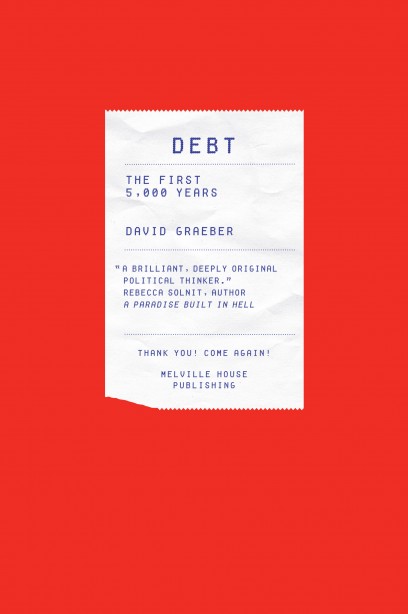September 12, 2012
Occupy to release free debt manual on anniversary weekend
by Claire Kelley

Occupy’s focus on debt has inspired a new slogan: “You are not a loan.”
Next Monday, September 17th, marks the anniversary of the Occupy movement, which began last year on a sunny Saturday with a crowd of protestors marching around the charging bull on Wall Street and gathering at Bowling Green chanting “Banks got bailed out, we got sold out!”
As Occupy begins its second year, debt has become the focus issue that has united activists working on a variety of causes including housing justice, economic reform, the burden of medical bills and student loans. The movement emphasizes that it’s the 99% who are affected, as the growing trend of cities in debt forces firefighters and teachers to take pay cuts.
Strike Debt is a coalition of OWS working groups like Direct Action and Occupy Theory and others, but it is also a new collective initiative that grew out of “Debtors’ Assemblies” that were held in New York City parks throughout the summer. According to Astra Taylor in her “Occupy 2.0: Strike Debt” piece in The Nation this week, debt is now the
“overarching idea linking together a long-fragmented left… [that] has the potential to serve as a kind of connective tissue for the Occupy movement, uniting increasingly dispersed organizing efforts around a common problem (debt) as opposed to a common tactic (occupation).”
This Saturday, Strike Debt will launch a book called the Debt Resistors’ Operations Manual and hand out 5,000 free copies at an Occupy Town Square event in Washington Square Park during the day. Written by an anonymous group, the manual will provide practical assistance for dealing with various types of debt, as well as tools and strategies for collective action. According to the press release:
Several kinds of debt are covered: Housing, Education, Credit Card, Medical, and Municipal. There are also sections on Bankruptcy, Debt Collectors, Credit Score Agencies, Payday Loans and other Fringe Financial Products and Services. The manual contains a wealth of information and advice, much of it from insiders within the lending industry.
Of course, for required reading to understand the history of debt and how it operates in society today, we recommend Debt: The First 5000 Years by David Graeber.
Claire Kelley is the Director of Library and Academic Marketing at Melville House.
